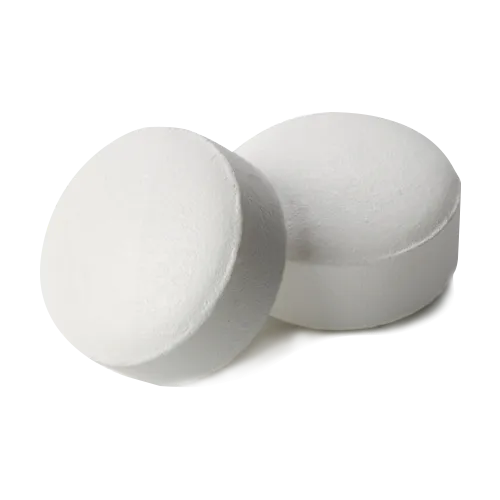Overview
Zetia, generically known as ezetimibe, is a medication used to lower cholesterol levels by reducing intestinal cholesterol absorption. It is prescribed alone or with statins to manage high cholesterol, available as a once-daily tablet taken with or without food, offering a convenient option for patients.
History of Development and Approval
Developed by Schering-Plough (now part of Merck & Co.), Zetia received FDA approval in 2002. Designed to complement statins by targeting cholesterol absorption, it has been widely adopted due to its proven efficacy and safety in clinical studies.
Key Benefits
- Cholesterol Reduction: Lowers total and LDL cholesterol effectively.
- Complementary Therapy: Enhances statin effects when used together.
- Statin Alternative: Suitable for patients intolerant to statins.
- Convenient Dosing: Once-daily tablet improves adherence.
Unique Properties
Zetia inhibits the Niemann-Pick C1-Like 1 (NPC1L1) protein in the intestinal wall, reducing dietary and biliary cholesterol absorption. This distinct mechanism complements statins, which target liver cholesterol production, offering a comprehensive approach to cholesterol management.
Comparison with Similar Medications
Compared to other cholesterol-lowering drugs, Zetia offers:
- Dual Action: Combines with statins to target both absorption and production.
- Tolerability: Alternative for patients with statin-related side effects.
- Proven Efficacy: Effective alone or in combination for LDL reduction.
Safety and Tolerability
Zetia is generally well-tolerated, with common side effects including abdominal pain, diarrhea, and joint pain. Rare serious effects, such as allergic reactions or liver enzyme abnormalities, require monitoring, especially with statin co-use. Regular healthcare provider oversight ensures safety.
Indications for Use
Zetia is indicated for:
- Hypercholesterolemia: Lowers LDL and total cholesterol alone or with statins.
- Homozygous Familial Hypercholesterolemia: Adjunct to other therapies.
- Sitosterolemia: Reduces plant sterol levels.
Dosage and Administration
Adults: 10 mg once daily.
Children (10+ years): 10 mg once daily for specific conditions.
Elderly: Standard dose, monitor tolerability.
Timing: With/without food, consistent schedule.
Notes: No dose adjustment with mild liver/renal issues; do not double dose if missed.
Mechanism of Action
Ezetimibe inhibits NPC1L1 protein, reducing intestinal cholesterol absorption, lowering circulating cholesterol levels.
Composition
Active Ingredient: Ezetimibe, reduces cholesterol absorption.
Inactive Ingredients: Lactose, crospovidone, magnesium stearate for tablet stability.
Side Effects
Common: Abdominal pain, diarrhea, joint pain.
Rare: Fatigue, muscle pain.
Serious: Allergic reactions, liver enzyme abnormalities require urgent care.
Prevention of Side Effects
Adhere to prescribed dose, monitor liver function with statins, report allergic symptoms promptly. Maintain regular check-ups.
Contraindications
Avoid in hypersensitivity to ezetimibe or active liver disease (when used with statins).
Warnings and Precautions
Monitor liver function with statin co-use; assess for muscle pain or allergic reactions. Not recommended in severe liver disease.
Drug Interactions
Bile acid sequestrants reduce absorption; cyclosporine increases ezetimibe levels. Disclose all medications.
Overdose
Symptoms: minimal due to low systemic effects; supportive care if needed. Seek emergency care.
Pharmacokinetics
Absorption: Rapid, peak 4–12 hours.
Distribution: Highly protein-bound.
Metabolism: Liver/intestine to active glucuronide.
Elimination: Feces (78%), urine (11%); half-life ~22 hours.
Dosage Forms
Tablets (10 mg) for oral administration.
Pregnancy and Breastfeeding
Use if benefits outweigh risks (Category C); minimal milk excretion, consult provider for breastfeeding.
Storage
Store at 20°C–25°C (68°F–77°F), dry, light-protected, away from children. Dispose expired properly.
Clinical Evidence
Trials confirm Zetia’s efficacy in reducing LDL cholesterol, enhancing statin therapy, and managing specific conditions like sitosterolemia with good tolerability.
Conclusion
Zetia is an effective cholesterol-lowering medication, offering a unique mechanism and flexible use. Adhere to prescribed regimens, monitor side effects, and consult providers for optimal outcomes.




